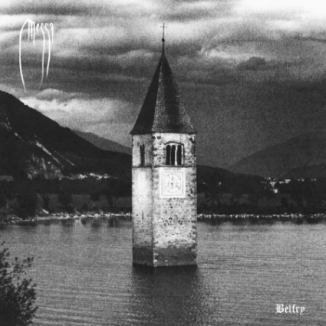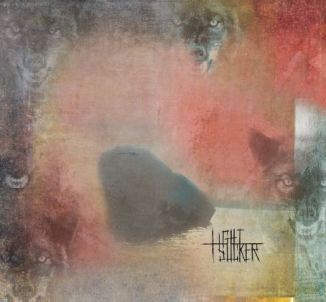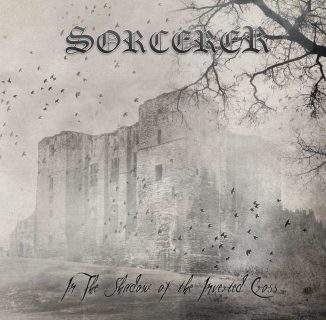
GOATESS
‘Purgatory Under New Management’
(Svart Records, April 2016)
7/10
The voice of Chritus Linderson (ex-Count Raven, Saint Vitus) is blissfully familiar. Listening to his melodic, Osbournian drone is like sitting in your favourite armchair, watching your favourite movie while sipping your favourite mulled cider, wearing your favourite underpants and having your stressed areas massaged by your favourite adult entertainment star.
Not that it’s all about the frontman. Following on from their self-titled 2013 debut and a period of uncertainty, Goatess have regrouped, bringing their considerable knowledge and skill to bear in a slightly new direction. ‘Purgatory Under New Management’ is more psychedelic than the band’s previous release, expanding beyond stoner doom without shedding the essence of Sabbath or the migraine-inducing tones.
The sheer charisma and quality of the voice and musicianship can mask the frustrations of the songwriting on this album. It seems that some of the songs deliberately refuse to fulfill their own potential, preferring to wander the haze of space at a leisurely 7mph.
The warning signs are there from the start. The first two minutes of the opening track ‘Moth To Flame’ suggest a work of drifting melancholy. Then the riff kicks in and Goatess are suddenly in full swing. But the early fears soon return when the song slides away into further ambiguity. The title track, similarly, features a strong central idea but simply repeats ad infinitum, presumably seeking to hypnotise rather than convince.
At more than an hour in length, the album could / should have been trimmed by some 25%, with tracks such as ‘Murphy Was An Optimist’ and ‘Wrath Of God’ failing to hold the attention or truly capture the imagination. This purgatory is the state of waiting for the songs to explode into life.
‘Shadowland’, however, is much more focused and urgent, although a rare inconsistent vocal performance undermines its impact. Best of all is ‘Silent War’, a barnstorming doom metal beast that’s reminiscent of classic Lord Vicar with a sprinkle of modern magic stoner dust. Here we see Goatess at their classy best, understated and powerful.
With its glorious Göran Nilsson artwork, ‘Purgatory Under New Management’ is certainly an album with a strong personality, while musically it’s a mix of colourful stoner doom and low-key psychedelic meandering.
















